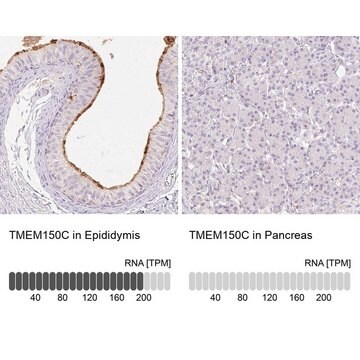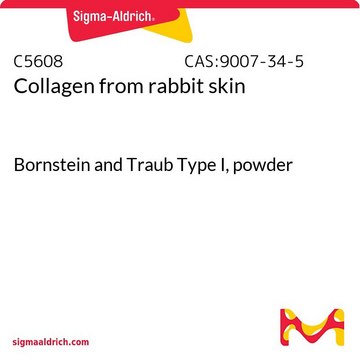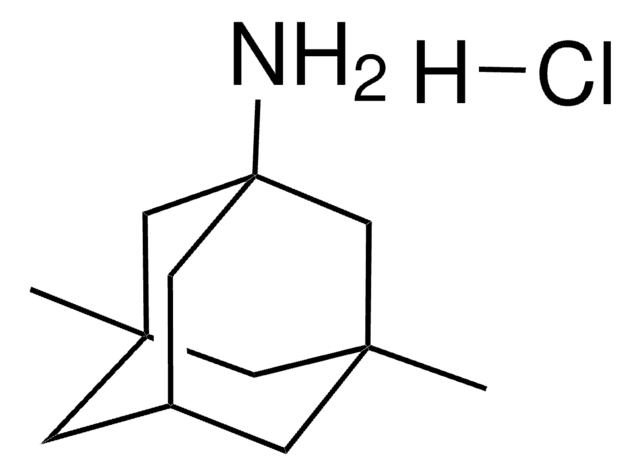ABN2266
Anti-Tentonin 3/TMEM150c
from rabbit
Synonym(s):
Transmembrane protein 150C, TTN3, Tentonin 3
About This Item
Recommended Products
biological source
rabbit
Quality Level
antibody form
affinity isolated antibody
antibody product type
primary antibodies
clone
polyclonal
species reactivity
mouse, rat
packaging
antibody small pack of 25 μL
technique(s)
immunocytochemistry: suitable
immunofluorescence: suitable
immunohistochemistry: suitable
western blot: suitable
isotype
IgG
NCBI accession no.
UniProt accession no.
shipped in
ambient
target post-translational modification
unmodified
Gene Information
mouse ... Tmem150C(231503)
Related Categories
General description
Specificity
Immunogen
Application
Immunocytochemistry Analysis: A representative lot detected Tentonin 3/TMEM150c in HEK293T cells transfected with TTN3. (Hong, G.S., et. al. (2016). Neuron. 91(1):107-18).
Western Blotting Analysis: A representative lot detected Tentonin 3/TMEM150c in F11 rat DRG cells (untransfected and TTN3 transfected cells) (Hong, G.S., et. al. (2016). Neuron. 91(1):107-18).
Neuroscience
Quality
Western Blotting Analysis: A 1:2,000 dilution of this antibody detected Tentonin 3/TMEM150c in 10 µg of F11 cell lysate.
Target description
Physical form
Storage and Stability
Other Notes
Disclaimer
Not finding the right product?
Try our Product Selector Tool.
Certificates of Analysis (COA)
Search for Certificates of Analysis (COA) by entering the products Lot/Batch Number. Lot and Batch Numbers can be found on a product’s label following the words ‘Lot’ or ‘Batch’.
Already Own This Product?
Find documentation for the products that you have recently purchased in the Document Library.
Our team of scientists has experience in all areas of research including Life Science, Material Science, Chemical Synthesis, Chromatography, Analytical and many others.
Contact Technical Service





